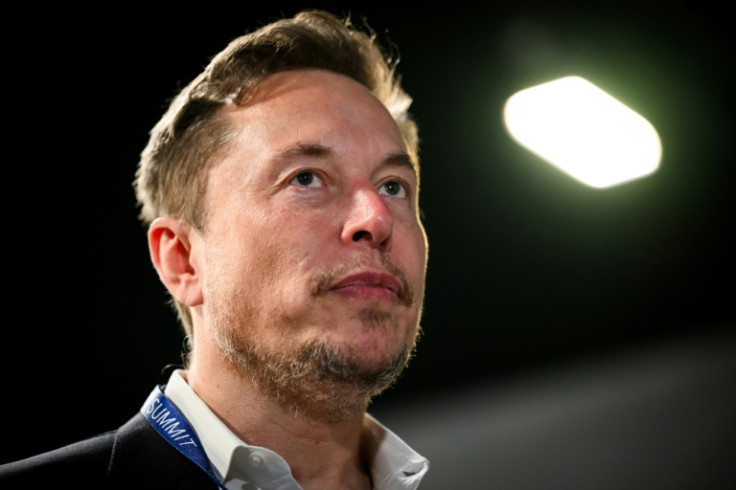Is Elon Musk's Open-Sourcing Of Grok A Power Move In The AI Industry?

In a surprising turn of events, Elon Musk, the CEO of Tesla and SpaceX, announced on Monday that his artificial intelligence startup xAI would be open-sourcing its ChatGPT challenger, "Grok." This decision comes just days after Musk filed a lawsuit against OpenAI, the organization behind ChatGPT, alleging that it had strayed from its original mission in favor of profit-driven motives.
This week, @xAI will open source Grok
— Elon Musk (@elonmusk) March 11, 2024
The move to open-source Grok marks a significant departure from Musk's previous endeavors in the AI space and underscores his growing influence in shaping the future of artificial intelligence. By making Grok's code freely available to the public, Musk aims to foster greater transparency and collaboration in AI development, aligning xAI with other firms that have embraced open-source models.
Musk's decision to open-source Grok comes amidst a broader debate within the tech community about the ethics and governance of AI. While open-sourcing AI models can accelerate innovation, some experts have raised concerns about the potential misuse of such technology, including the development of autonomous weapons or super-intelligent systems beyond human control.
In recent months, Musk has been vocal about his vision for AI governance, advocating for greater oversight and accountability in the industry. He has emphasized the importance of establishing third-party referees to monitor AI development and intervene if necessary to mitigate risks.
The announcement of Grok's open-sourcing also comes on the heels of Musk's high-profile acquisition of Twitter, a move that has sparked speculation about his broader ambitions in the tech industry. With his newfound influence over one of the world's largest social media platforms, Musk's foray into AI could have far-reaching implications for the future of online communication and information dissemination.
© Copyright IBTimes 2024. All rights reserved.






















